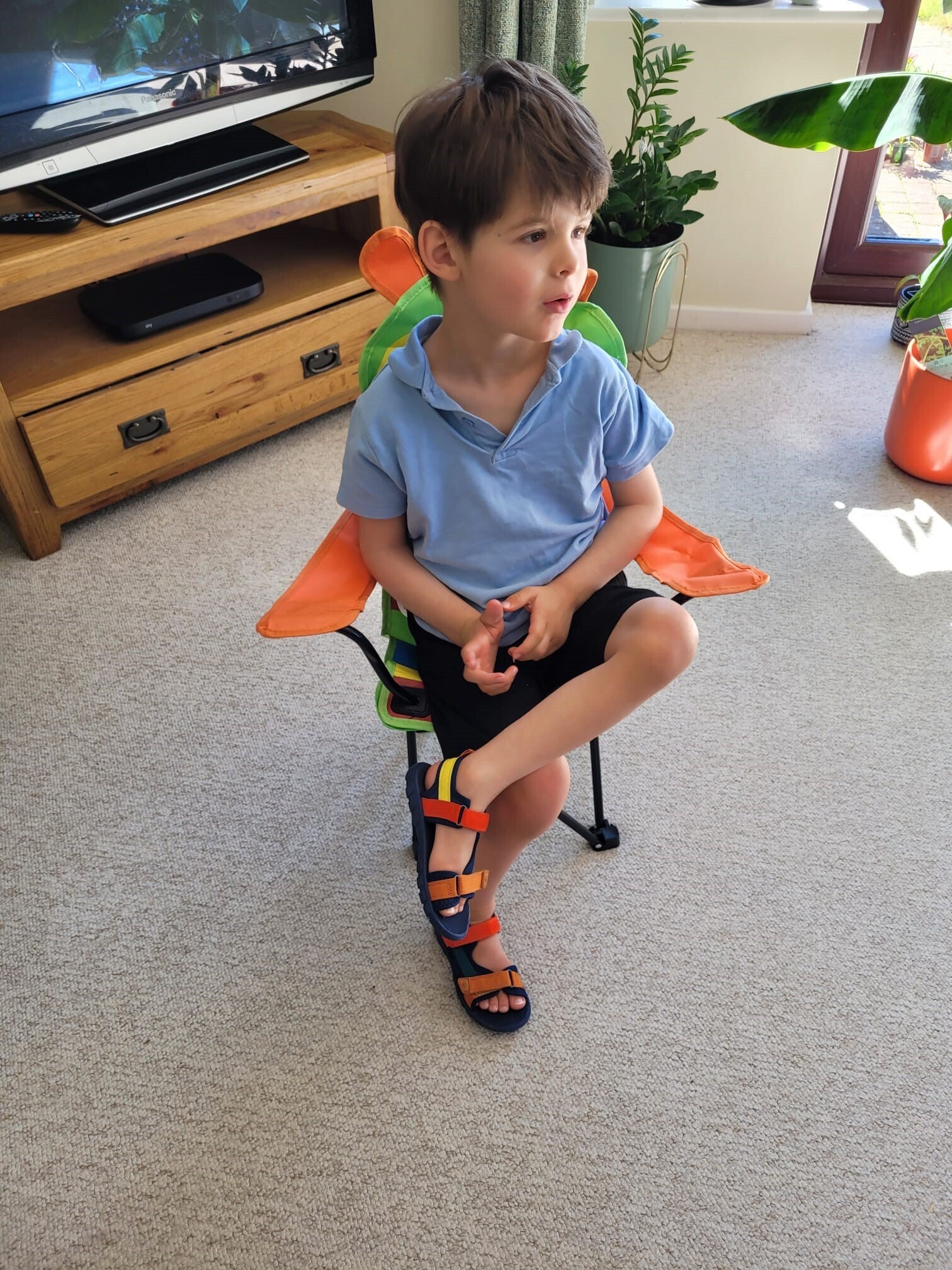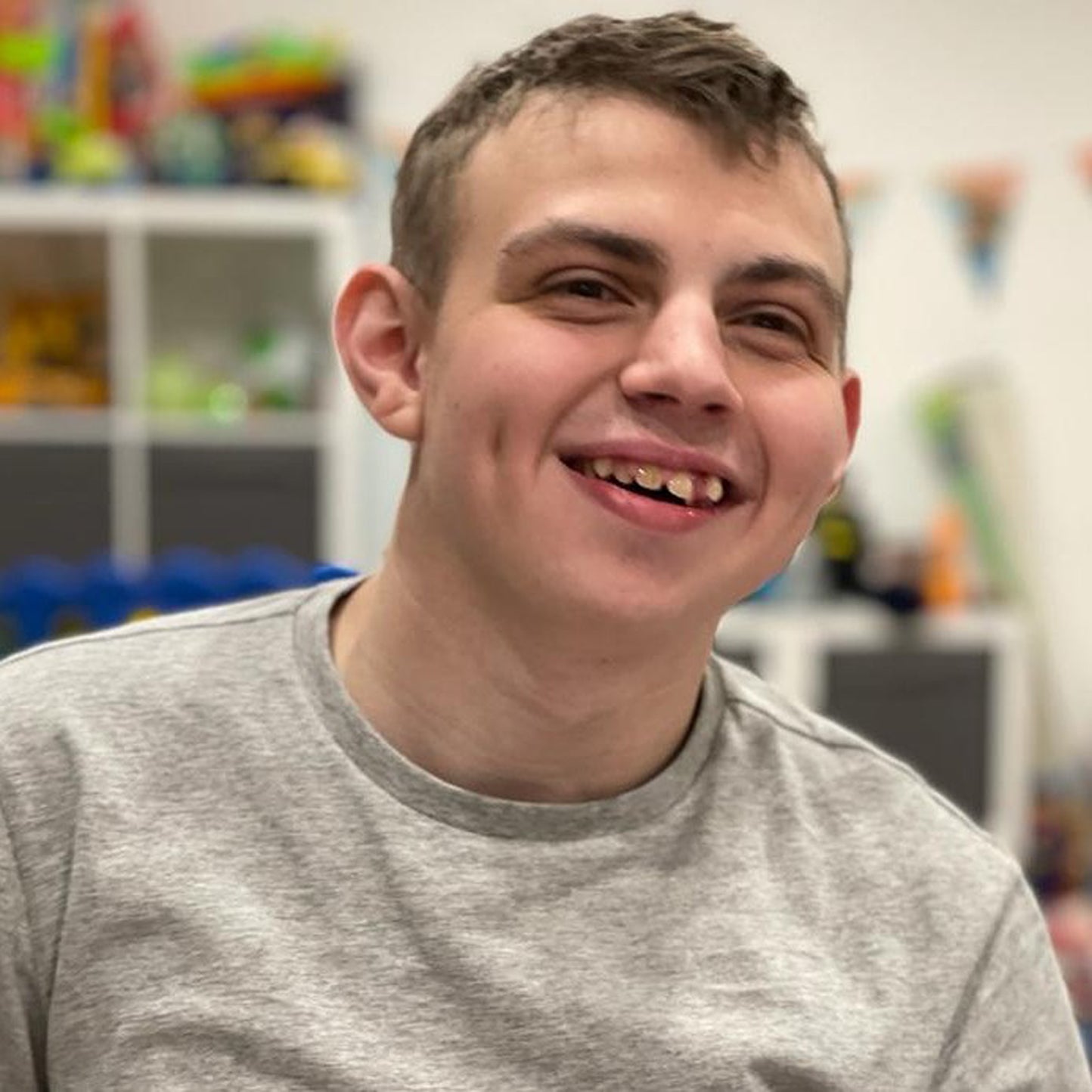
Families of children with epilepsy say they face months of torment after learning access to a “life-saving” medicinal cannabis product is in doubt for next year.
The unlicensed medicine Celixir20 has been privately prescribed to a small number of children in the UK, but the past two weeks had seen confusion and anger from families who feared imports had been stopped completely.
The Medicines and Healthcare products Regulatory Agency (MHRA) has now said the import will continue until at least the end of this year, although uncertainty remains over the long-term future.
MedCan Support, which describes itself as a non-profit community interest company, said around 30 children will be impacted if the MHRA does not continue to allow imports.
It follows families being notified the MHRA had taken the decision last year that it would no longer process import notifications on the grounds of patient safety.
MedCan Support said families had not received confirmation of the decision until a couple of weeks ago, prompting Labour MP Tonia Antoniazzi to say in the House of Commons that the ending of compassionate imports for Celixir20 was “cruel”.
The MHRA has since offered assurances, which was greeted by families with both immediate relief and concern for the future.
Matt Hughes, a co-founder of Medcan Support and the father of five-year-old Charlie – who has a form of severe epilepsy, said he was “completely devastated” to be notified imports were ending.
Mr Hughes said his son used to suffer from more than 100 seizures a day, but since being prescribed Celixir20 in May 2020 has seen an 85% reduction in seizures and more recently been seizure free for over 150 days.

Mr Hughes, who lives with his son in Norfolk, said: “This year he’s been seizure free. It’s not just the cannabis, but a combination of medicines that are finally helping him. He’s now reaching new milestones, and if we stop or change anything, it could all go backwards, which would be detrimental to his development and his health.
“The potential health risk for Charlie is that he goes back to hundreds of seizures per day and might be back into intensive care. I’m just really really concerned for his future.”

Following confirmation that access to the product will continue for at least another six months, he said: “That urgency, that fear – such a short deadline has now been extended. So that’s good. There’s a huge sense of relief.
“But there’s still a lot of concern from many families that that’s only six months. What do we do from that point onwards? There’s no other formula like this product.
“It’s just that fear, it’s the unknown. Six months is a very short period for a manufacturer to change their… process.”
Rachel Rankmore, whose son Bailey Williams, aged 20, suffers from learning difficulties and severe epilepsy and takes Celixir20, said she had been notified two weeks ago that imports would be stopped, which she said caused “shock, horror, despair and anger”.

Following confirmation imports would last for at least another six months, she said: “This exact moment in time is great.
“The decision has bided us some time, so we have got summer to enjoy with Bailey as a family – and with him being well.
“But come Christmas now, he’s going to be in the same predicament, he’s going to be in a life-threating situation, because you know they are just prolonging the inevitable – that they will just stop the medication coming through again.
“So as much as we’re relieved slightly today, come Christmas now that will be it – leading up to that is going to be a huge torment.”
A letter sent by the MHRA to Mr Hughes in June, and seen by the PA news agency, said: “In the absence of assurances that Celixir 20 is manufactured at a facility operating to the same rigorous standards as other medicinal products, the MHRA is not able to process import notifications of this medicine on the grounds of patient safety.”
The letter says manufacturing standards in Celixir20’s country of origin are not equivalent to Good Manufacturing Practices standards for medicines in the UK.
It said the importer “was informed of this in June 2021, and they were advised to contact prescribers and patients so that therapeutic alternatives could be found in a timely manner”.
But the MHRA said it has agreed measures to enable the importer to continue to supply UK patients at least to the end of this year, and that it is continuing to work with them on a permanent resolution.
MHRA chief healthcare, quality and access officer, Dr Laura Squire, said: “We recognise the importance of these cannabis oil products for children with severe forms of epilepsy. That is why we are enabling continued patient access to them by accepting applications to import. No parent should have cause for concern about ongoing supplies.”







